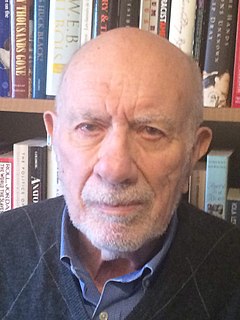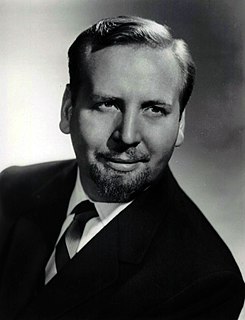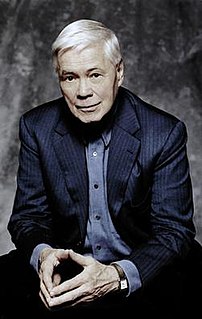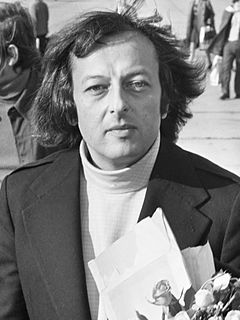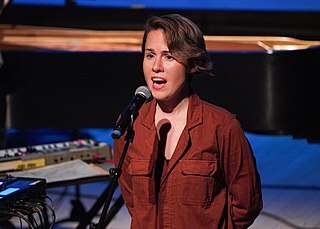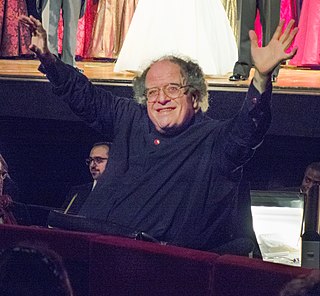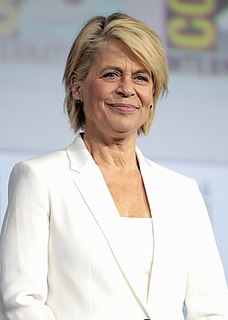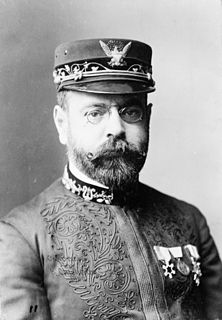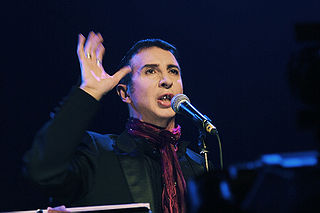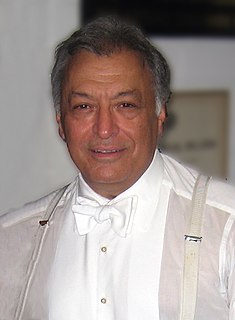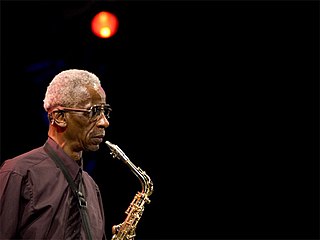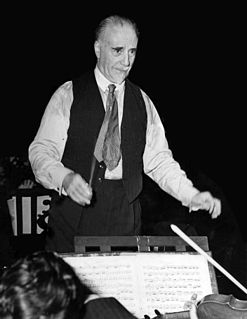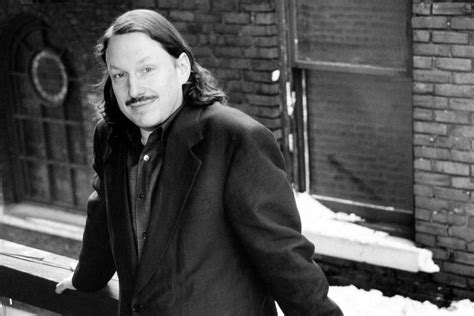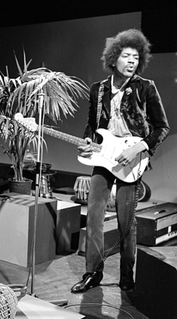Top 568 Orchestra Quotes & Sayings - Page 7
Explore popular Orchestra quotes.
Last updated on November 9, 2024.
Consciousness is somehow a by-product of the simultaneous, high frequency firing of neurons in different parts of the brain. It's the meshing of these frequencies that generates consciousness, just as tones from individual instruments produce the rich, complex, & seamless sounds of a symphony orchestra
When I was in Cardiff, playing with the National Orchestra of Wales, they said they get letters from people complaining if they're smiling during the concert. Nuts, isn't it? As if you have to respect the solemnity of the music by not smiling. Music is this joyful thing that enriches our lives, and you're not supposed to smile?
I am the conductor for life of the Staatskapelle in Berlin, which fills me with tremendous joy because I feel absolutely at one with them. When we play, I have a feeling that together we manage to create one collective lung for the whole orchestra so that everybody in the stage breathes the music in the same way.
